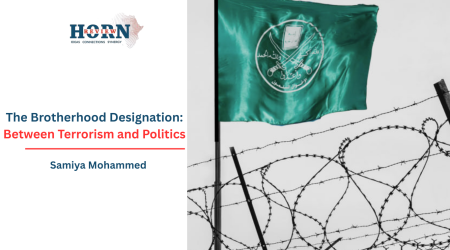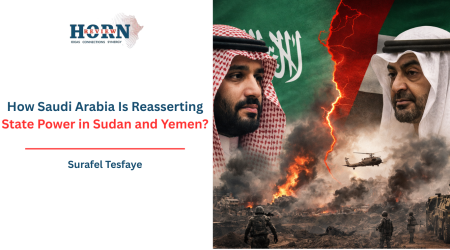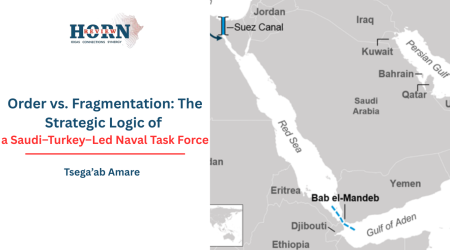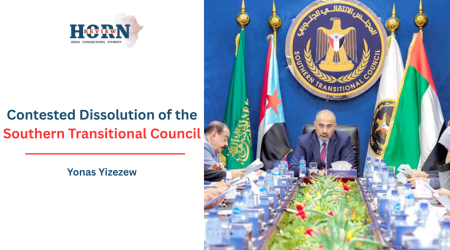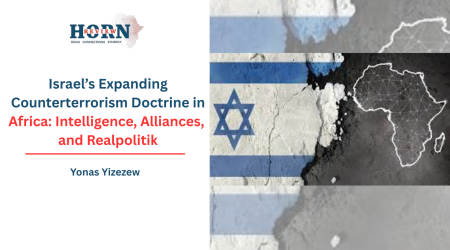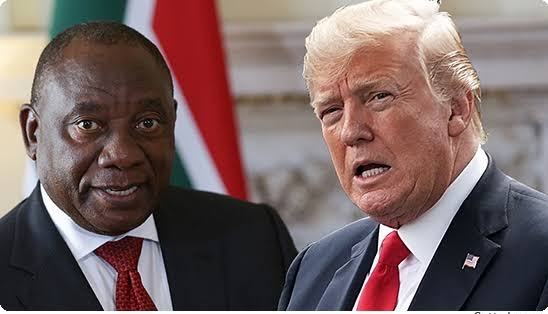
3
Feb
Tensions between the U.S. & South Africa: Domestic Policy, Sovereignty, & Global Power Dynamics
Tensions between South Africa and the United States have been brought to the forefront, especially in relation to South Africa’s land reform policies and human rights issues. These disputes reflect broader challenges around historical injustices, national sovereignty, and international diplomacy. At the core of these issues are land expropriation policies, with both nations clashing over differing interpretations of justice and human rights.
Trump’s Criticism: Land Reform and Human Rights
Donald Trump has strongly criticized South Africa’s land expropriation policies, which aim to redress land injustices from the apartheid era. These policies focus on redistributing land to black South Africans, whose ancestors were dispossessed during colonialism and apartheid. Trump labeled this move as a “massive human rights violation,” particularly in relation to white farmers who could lose land without compensation.
Trump’s comments not only cast a shadow over U.S.-South Africa relations but also brought international attention to the issue. His call for an investigation into South Africa’s land reform and the potential cut in U.S. funding signaled disapproval. Trump’s criticism aligns with his previous rhetoric on human rights violations, though the extent of these violations is contested. Critics of the land reform argue it could lead to economic instability & exacerbate racial tensions.
Ramaphosa’s Response: Defending National Sovereignty
In response, South African President Cyril Ramaphosa stressed the importance of national sovereignty, declaring that the U.S. should not interfere in South Africa’s internal policies. For Ramaphosa and the ruling African National Congress (ANC), land reform is crucial to addressing the lingering effects of apartheid. The policy aims to correct historical wrongs by returning land to black South Africans who were denied ownership for decades.
Ramaphosa’s remarks reflect a broader frustration with external criticism that fails to consider the full historical context. The South African government views land reform as a necessary step to promote economic equity, despite the challenges it presents.
Broader Geopolitical Context: Israel, BRICS, and Global Diplomacy
The South Africa-U.S. conflict is part of a larger geopolitical conversation. One key issue is South Africa’s stance on Israel and Palestine. South Africa has been a vocal critic of Israel’s policies toward Palestinians, drawing comparisons to apartheid. Trump’s remarks might hint at the broader tensions related to South Africa’s foreign policy on BRICS, Israel, Rwanda and related matters which often aligns with countries critical of Western powers, like Russia and China. Most of all, South Africa’s membership in the BRICS bloc adds complexity to this dynamic. South Africa is strengthening ties with Russia, China, and India, seeking to establish a counterbalance to Western influence.
U.S.-South Africa Relations: Future Implications
The U.S. has long been a key donor to South Africa. Trump’s threat to cut U.S. funding could have serious consequences for South Africa. However, Ramaphosa’s defiance suggests that South Africa is committed to pursuing its domestic policies independently, even if it means facing tensions with Western powers. His response highlights the importance of sovereignty in shaping the nation’s future, while Trump’s criticism underscores the complexities of global diplomacy in an increasingly multipolar world.
The outcome of this diplomatic conflict will have lasting consequences for both U.S.-South Africa relations & the broader global political landscape.
By Blen Mamo






